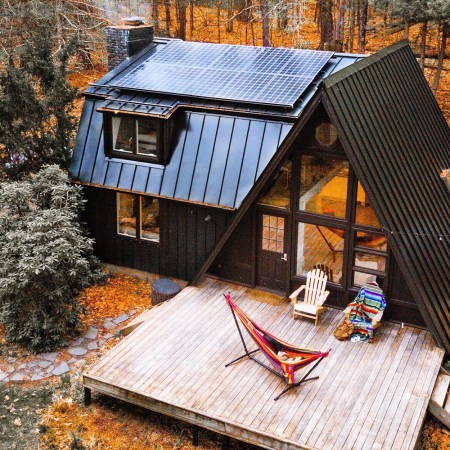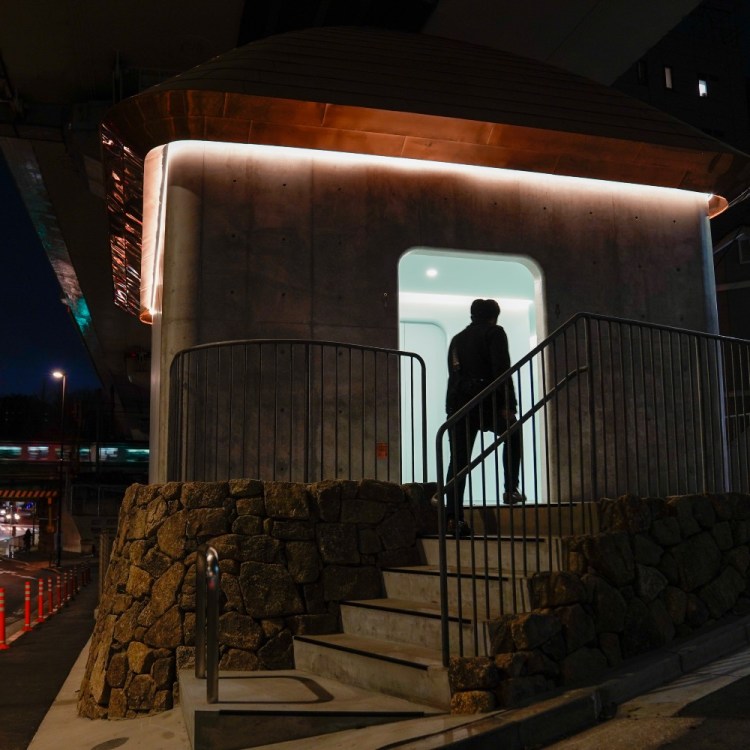A few weeks ago I was in Rome and it was, among other thing, hot. Beautiful, bustling, yes, but also hot. Hot, hot. Like 105-degrees hot.
Now, I’m no stranger to the heat. Not only that, but thanks to routine Weather.com checks leading up to my trip, I was prepared for it. What I admittedly wasn’t prepared for was how little reprieve being inside offered from said heat.
It wasn’t just me. A government decree on energy usage has recently been amended in Italy to reflect that air-conditioning systems will be set to no lower than 25-27 Celsius (or 77-80.6 Fahrenheit).They aren’t the only ones adopting this stance, either.
Not to be outdone by their neighbors to the east, Spain has followed suit. Per a new report from Euronews, Spain — in an effort to cut the country’s energy consumption and limit dependency on Russian gas, like Italy — is barring commercial buildings from setting their thermostats below 27 Celsius (or 80.6 Fahrenheit). This, too, comes on the heels of a heat wave across much of the country.
The real kicker, though? The mandate, which went into effect last week, will stop the heat from being raised above 19 Celsius (or 66.2 Fahrenheit) during the winter, too. According to the report, it extends to “all public and commercial buildings, including bars, cinemas, theaters, airports and train stations,” though it is “extended as a recommendation” to Spanish households.
Unsurprisingly, it’s spurred a bit of a chaotic debate in response.
“We see that it saves energy and is good for climate change, but our concern is that it affects families, especially the most vulnerable,” said Ana Isabel Gracia, secretary of social policies and housing at Spanish trade union UGT (Unión General de Trabajadores), per Euronews.
“Instead of taking global measures, it should be specified by establishments so that they can have a different temperature. It is not the same to work, for example, in a place where there is a lot of machinery and the temperature is very high, and in another type of environment where there is none of that. There are studies that say that the optimal temperature is 24 degrees. Therefore, perhaps, instead of raising it to 27 degrees, we could stay at 25,” she added.
Others chimed in on how it might impact tourism to Spain in the interim.
That said, while it’s sure to pose a whole slew of obstacles for residents, it may also be instrumental in curbing the influx of Europe-bound tourists for the time being.
Or based on what we’ve seen from them so far this summer, maybe it won’t. If that’s the case, it would certainly behoove travelers to pack accordingly.
Thanks for reading InsideHook. Sign up for our daily newsletter and be in the know.


















